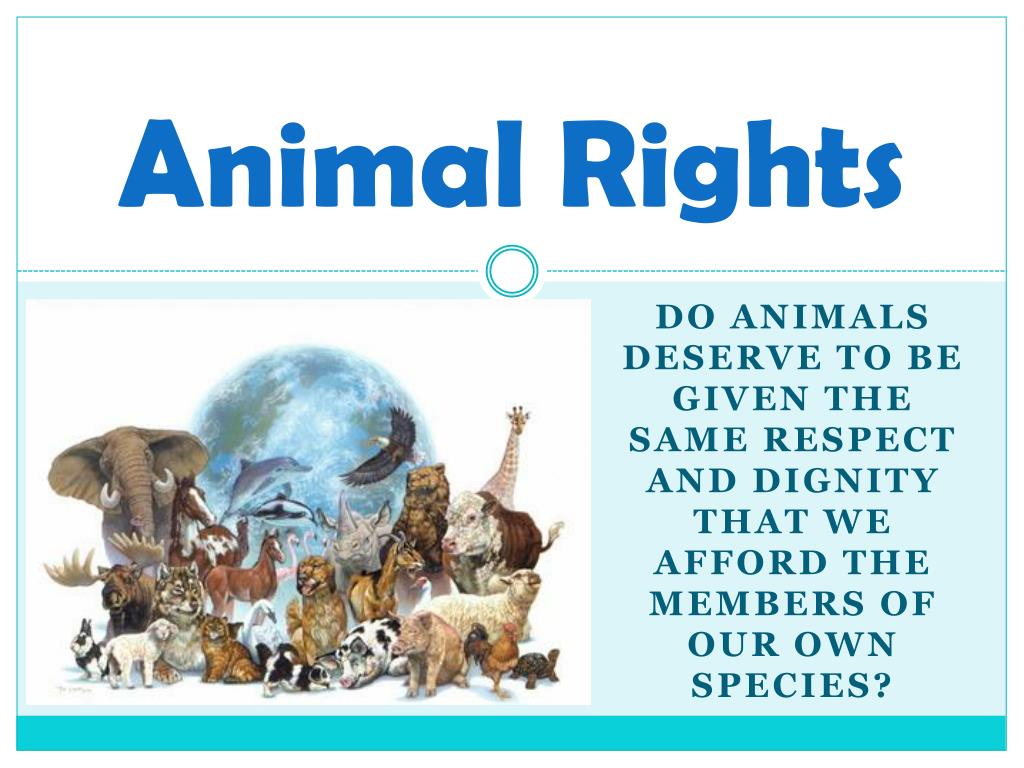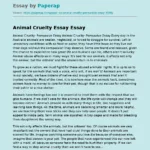Throughout human history, the ownership of animals has been a concept intertwined with cultural norms, economic structures, and emotional bonds. Yet, as we navigate the complex tapestry of human-animal relationships, a critical question arises: what, indeed, gives people the right to own animals? This inquiry transcends surface-level explanations and leads us to explore philosophical, ethical, and practical dimensions of animal ownership.
At its core, the notion of ownership is predicated on power dynamics. Humans have dominated the natural world for millennia, often positioning themselves as superior beings, possessing the authority to control and own numerous life forms. The early domestication of animals can be traced back to agricultural societies, where animals provided labor, companionship, and sustenance. This functional relationship laid the groundwork for animal ownership, establishing a paradigm that continues to influence contemporary perspectives.
However, this utilitarian view is but a fragment of the broader narrative surrounding ownership. The fascination some individuals have with animals reveals deeper psychological and emotional underpinnings. Many people seek companionship and love from their pets, establishing a profound bond that transcends mere possession. In this light, the question of ownership becomes enmeshed in issues of attachment and emotional fulfillment. The existence of service animals, therapy animals, and even emotional support animals illustrates the nuanced roles animals play in human lives, further complicating the notion of ownership.
The philosophical implications of animal ownership invite contemplation. Are animals mere commodities, existing solely for human benefit, or do they possess intrinsic value and rights of their own? This question is central to the animal rights movement, which advocates for the recognition of animals as beings with interests, capable of suffering and deserving of protection from cruelty. Such an ethical standpoint challenges traditional views of ownership, suggesting that the act of possessing an animal should not merely be about ownership but rather a stewardship grounded in mutual respect and care.
These considerations naturally lead to the laws and regulations surrounding animal ownership. Legal frameworks often reflect societal attitudes toward animals, codifying the rights and responsibilities of owners. In many jurisdictions, pets are considered personal property, which inherently limits their rights and protections. As a result, the legal discourse surrounding animal ownership raises pressing questions about the moral implications of viewing sentient beings as property. Advocates for animal welfare argue for systemic changes to these laws, seeking to align them with a more ethical understanding of human-animal relationships.
Moreover, cultural factors play an instrumental role in shaping attitudes toward animal ownership. Across various cultures, animals hold different meanings, influenced by historical experiences, religious beliefs, and social structures. In some societies, certain animals are revered, celebrated as sacred beings, while others are seen purely as resources to be consumed. This cultural divergence informs the ethical and moral frameworks that dictate acceptable modes of ownership. The challenge lies in reconciling these varying perspectives in an increasingly globalized world where the implications of animal ownership extend beyond local communities.
Examining the societal implications of animal ownership unveils the intricate connections between economics and ethics. The pet industry has burgeoned into a multi-billion-dollar market, fueled by consumer demand for companionship and status. This commodification of animals raises critical ethical questions about responsibility and exploitation. When animals are bred and marketed as status symbols, their welfare often becomes secondary to profit margins. Such trends beg the question of whether the right to own an animal should depend on one’s capacity to provide adequate care and a humane environment, rather than disposable wealth.
Furthermore, one must consider the intersection of animal ownership with issues of sustainability and wildlife conservation. The growing popularity of exotic pets, coupled with habitat destruction and climate change, poses dire threats to biodiversity. The desire for ownership often conflicts with the imperative to protect species from extinction. Ethical stewardship calls individuals to acknowledge the broader ecological ramifications of their choices, compelling potential owners to weigh their desire for companionship against the health of ecosystems and the welfare of the animals involved.
As humanity grapples with the consequences of its actions, the discourse surrounding the rights of animal ownership expands. Advocates emphasize the importance of fostering a culture of empathy and respect for all sentient beings. Educational initiatives that promote understanding of animal sentience can influence future generations’ perceptions, potentially leading to a transformative approach to ownership that prioritizes the well-being of animals over the desires of humans.
In conclusion, the question of what gives people the right to own animals is far from straightforward. It encompasses historical, emotional, cultural, and ethical dimensions that fuse to create a complex framework of human-animal relationships. As society evolves, so too must our understanding of ownership and stewardship. By cultivating compassion and responsibility, we can aspire to transcend mere ownership, fostering relationships that honor the dignity and intrinsic value of all living beings.










